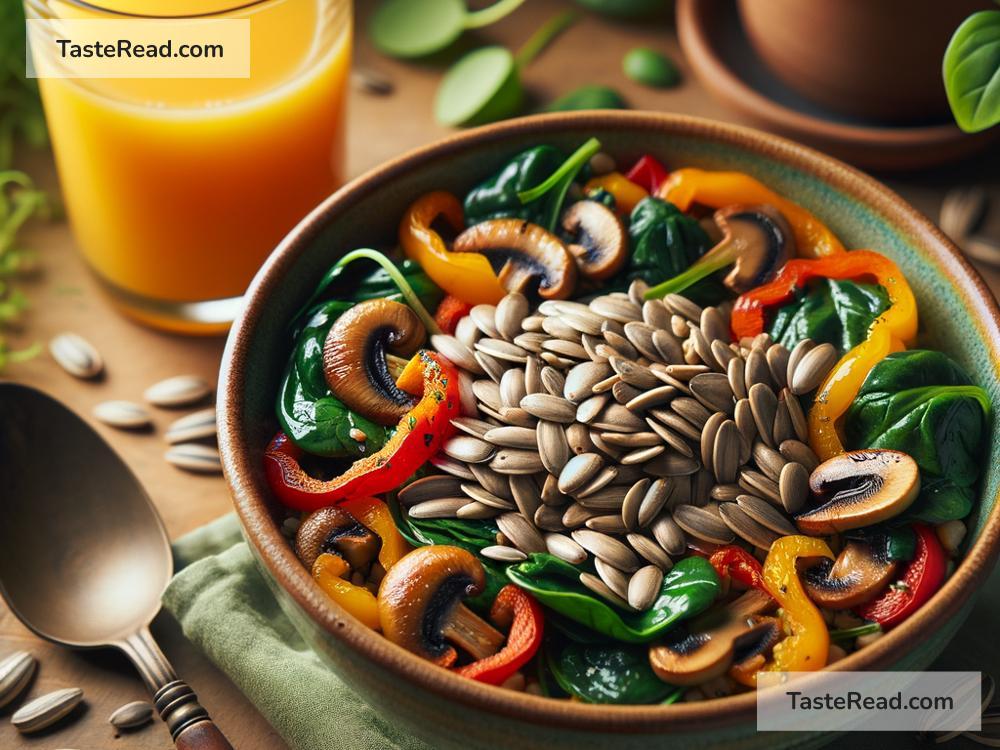The Role of Vitamin B5 in Stress Management: How This Essential Nutrient Helps You Cope
Life can get stressful. Whether you’re juggling work, relationships, or the never-ending to-do list, stress seems to sneak into our lives. While there’s no magic solution to eliminate stress completely, science shows that nutrition plays a big role in how we manage it. One nutrient that often gets overlooked is Vitamin B5, also called pantothenic acid. This humble vitamin is vital for helping the body cope with stress and stay energized. Let’s dive into why Vitamin B5 deserves more attention in the stress management conversation.
What is Vitamin B5?
Vitamin B5 is one of the eight B-complex vitamins that are essential for your body’s proper functioning. Despite being less well-known than other B vitamins, such as B12 or B6, Vitamin B5 plays a critical role in multiple processes, including energy production, hormone regulation, and maintaining the health of your skin.
B5 is called “pantothenic acid” because the word “pantothen” means “everywhere” in Greek. This is fitting because Vitamin B5 is found in almost all animal and plant-based foods we eat. However, it’s important to consume a balanced diet to make sure your body gets enough of this vital nutrient.
How Does Vitamin B5 Help Manage Stress?
Stress has a powerful impact on both your mind and body. From anxiety and fatigue to muscle tension and headaches, stress can quickly drain your energy, leaving you feeling worn out. Vitamin B5 helps counteract the effects of stress in several ways:
1. Supports the Production of Stress-Fighting Hormones
When you’re stressed, your adrenal glands spring into action and release hormones like cortisol and adrenaline. These hormones help your body respond to stressors effectively. Vitamin B5 is a key player in synthesizing these hormones, helping your adrenal glands function properly.
Without enough Vitamin B5, your adrenal glands can become overworked, leading to fatigue and difficulty managing stress. By supporting hormone production, this vitamin ensures your body and mind can handle life’s challenges more gracefully.
2. Boosts Energy Levels
Ever feel completely drained after a stressful day? Vitamin B5 helps transform the food you eat into energy that your body can use. It is involved in the breakdown of carbohydrates, fats, and proteins into fuel. This process is crucial for maintaining energy levels, especially when stress takes a toll on your body.
When you’re low on energy, it’s harder to deal with stress. By ensuring your body has enough Vitamin B5, you can stay energized and more resilient in the face of life’s ups and downs.
3. Promotes a Healthy Nervous System
Your nervous system plays a central role in how you experience and respond to stress. Vitamin B5 helps keep your nervous system functioning smoothly. It supports the production of neurotransmitters—chemical messengers in your brain—that regulate mood and stress responses.
A healthy nervous system can make a significant difference in how stressed you feel and how well you recover from stressful situations.
Signs You May Need More Vitamin B5
Vitamin B5 deficiency is rare because it’s found in many common foods. However, if you’re consistently stressed and not eating a balanced diet, your body may need more of this important nutrient.
Symptoms of low Vitamin B5 levels include:
– Fatigue
– Irritability
– Headaches
– Trouble sleeping
– Digestive issues
By paying attention to these signs and your diet, you can make adjustments to ensure you’re getting enough B5 for optimal stress management.
Foods Rich in Vitamin B5
The good news is that Vitamin B5 is easy to include in your diet! You can find it in a wide variety of foods, so getting enough is simply a matter of eating a balanced diet.
Here are some great sources of Vitamin B5:
– Meat: Chicken, turkey, beef, and pork
– Fish: Salmon and tuna
– Dairy: Milk, yogurt, and cheese
– Eggs
– Vegetables: Sweet potatoes, broccoli, kale, cauliflower, and mushrooms
– Legumes: Lentils, chickpeas, and beans
– Whole Grains: Brown rice, oats, and whole wheat bread
– Nuts and Seeds: Sunflower seeds, almonds, and peanuts
Eating a variety of these foods can help ensure you’re getting enough Vitamin B5 to support your body’s stress-fighting abilities.
Other Ways to Reduce Stress
While Vitamin B5 plays a valuable role in stress management, it’s only part of the solution. A healthy lifestyle is the foundation for managing stress effectively. Here are a few other ways to lower stress:
1. Exercise regularly: Physical activity boosts your mood and improves your body’s ability to handle stress.
2. Get enough sleep: Sleep allows your body and brain to recover.
3. Practice mindfulness: Meditation or deep breathing can calm your mind.
4. Stay social: Connecting with friends and family provides emotional support.
Combining these practices with a nutrient-rich diet creates a powerful stress management strategy.
Final Thoughts
Stress is a normal part of life, but how you manage it makes all the difference. Vitamin B5 might not be the first thing that comes to mind when you’re thinking about stress relief, but its role in hormone production, energy metabolism, and nervous system health is vital. By eating foods rich in Vitamin B5 and maintaining a healthy lifestyle, you can give your body what it needs to face stress head-on.
So, next time stress sneaks up on you, take a moment to check your diet. Are you fueling your body with the nutrients it needs to cope? With a little help from Vitamin B5, you may find yourself feeling more balanced and energized—ready to tackle whatever life throws your way!


